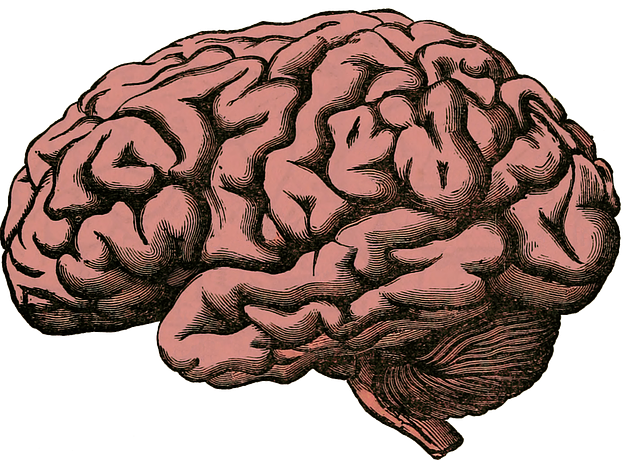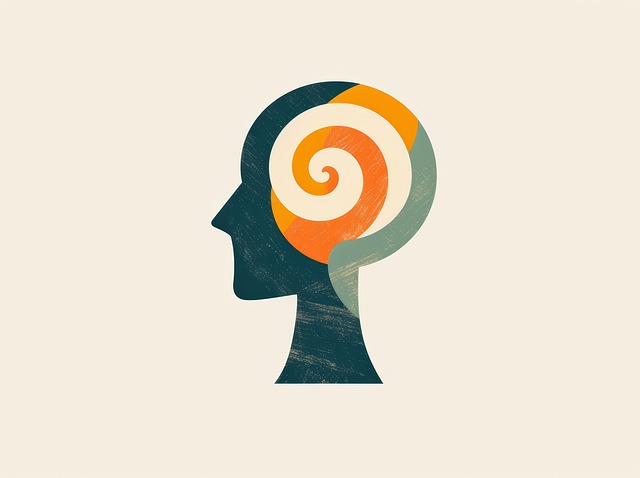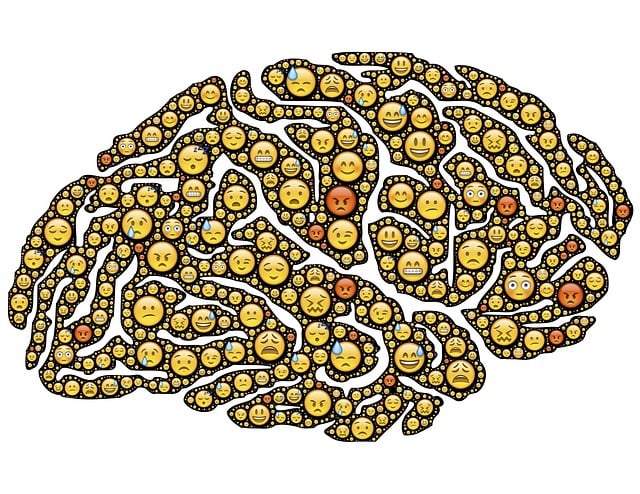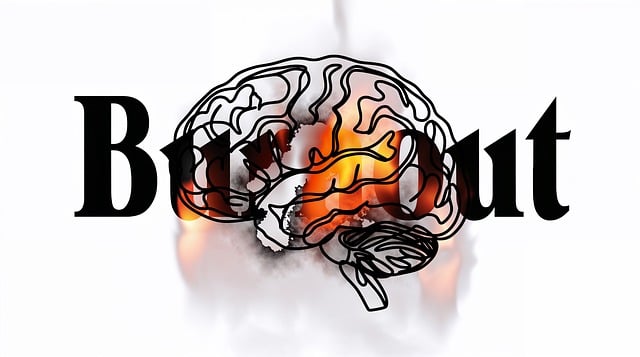Recognizing depression in children and adolescents is crucial as early intervention significantly impacts long-term mental health. Unlike adults, kids manifest symptoms like increased irritability, changes in appetite or sleep patterns, concentration issues, and social withdrawal. Parents and caregivers play a vital role through open communication and attentiveness to mood and behavior changes. Consulting healthcare providers specialized in child mental health is essential for guidance on therapy, such as cognitive-behavioral therapy (CBT), which effectively treats depression and substance abuse in adolescents. Preventive measures include lifestyle adjustments like physical activity, balanced diets, and adequate sleep, alongside social support and cultural competency training for healthcare providers. Integrated treatment approaches combining therapy for both drug abuse and mental health conditions have shown higher success rates. Effective communication strategies and community programs offering stress management workshops also contribute to depression prevention.
Depression is a serious mental health issue that can affect individuals of all ages, especially children and adolescents. This article explores crucial strategies for prevention, focusing on early recognition, comprehensive approaches, and addressing drug abuse as a significant risk factor. By delving into therapy tailored for children, lifestyle changes, and building strong support systems, we aim to provide insights into fostering resilience against depression. Additionally, integrating substance use disorder treatment with mental health care is highlighted as a game-changer in mitigating the risks associated with drug abuse.
- Recognizing Depression in Children and Adolescents: Early Signs and Symptoms
- Comprehensive Approach to Prevention: Therapy, Lifestyle Changes, and Support Systems
- Addressing Drug Abuse as a Potential Risk Factor: Substance Use and Mental Health Treatment Integration
Recognizing Depression in Children and Adolescents: Early Signs and Symptoms

Recognizing depression in children and adolescents is crucial as early intervention can significantly impact their long-term mental health. While adults may display obvious signs like persistent sadness or loss of interest, kids often manifest symptoms differently. They might become more irritable, have changes in appetite or sleep patterns, struggle with concentration, and withdraw from social activities they once enjoyed. These subtle shifts can be easily overlooked, especially if the child is young or their behavior aligns with typical developmental stages.
Parents and caregivers play a vital role in identifying these early signs. Encouraging open communication, spending quality time together, and paying attention to changes in mood and behavior are essential. If concerns arise, consulting a healthcare provider with expertise in child mental health is crucial. They can offer guidance, such as Crisis Intervention Guidance or cultural competency training tailored to the family’s needs, and recommend appropriate therapy for children, including evidence-based practices like cognitive-behavioral therapy (CBT), which has proven effective in treating depression and substance abuse in adolescents. Self-care practices tailored to children and adolescents can also be beneficial in building resilience and fostering overall well-being.
Comprehensive Approach to Prevention: Therapy, Lifestyle Changes, and Support Systems

Depression prevention requires a comprehensive approach that addresses various facets of an individual’s life. Therapy plays a pivotal role in equipping individuals with coping mechanisms and strategies to manage their mental health effectively. Cognitive Behavioral Therapy (CBT), for instance, has proven particularly effective in treating depression by helping people identify and change negative thought patterns and behaviors. This evidence-based therapy can be tailored to suit different ages, including children, making it a valuable tool for early intervention.
Complementing therapy, lifestyle changes and support systems are essential components of a holistic prevention strategy. Encouraging physical activity, maintaining a balanced diet, and prioritizing adequate sleep can significantly impact mood management and emotional regulation. Moreover, fostering strong social connections through family, friends, or support groups can provide a sense of belonging and alleviate feelings of isolation, which is especially crucial for individuals recovering from substance abuse. Cultural competency training among healthcare providers is also vital to ensure that prevention strategies are tailored to diverse populations, addressing unique cultural barriers to care and improving access to effective mental health services.
Addressing Drug Abuse as a Potential Risk Factor: Substance Use and Mental Health Treatment Integration

Addressing drug abuse as a potential risk factor for depression is paramount in prevention strategies. Substance use disorders often coexist with mental health issues, particularly depression, creating a complex interplay that requires integrated treatment approaches. For children, where therapy for drug abuse and mental health conditions are combined, there’s a higher likelihood of successful outcomes. This integrated model of care recognizes the interconnected nature of these challenges, ensuring that both the substance abuse and underlying depression are adequately addressed.
Effective communication strategies within families and support systems play a crucial role in early intervention. Encouraging open dialogue about mental health concerns, including drug abuse, can help normalize conversations and reduce the stigma associated with seeking treatment. Stress management workshops organized by community or school-based programs can equip individuals with tools to cope with stress and prevent depressive episodes triggered or exacerbated by substance abuse.
Depression prevention involves a multi-faceted approach, from recognizing early signs in children and adolescents to implementing comprehensive strategies that include therapy, lifestyle changes, and robust support systems. Addressing drug abuse as a potential risk factor is also crucial, emphasizing the integration of substance use and mental health treatment. By adopting these methods, we can create an environment that fosters resilience and well-being, ensuring better outcomes for those at risk of depression, particularly in the realm of therapy for children and drug abuse prevention.














